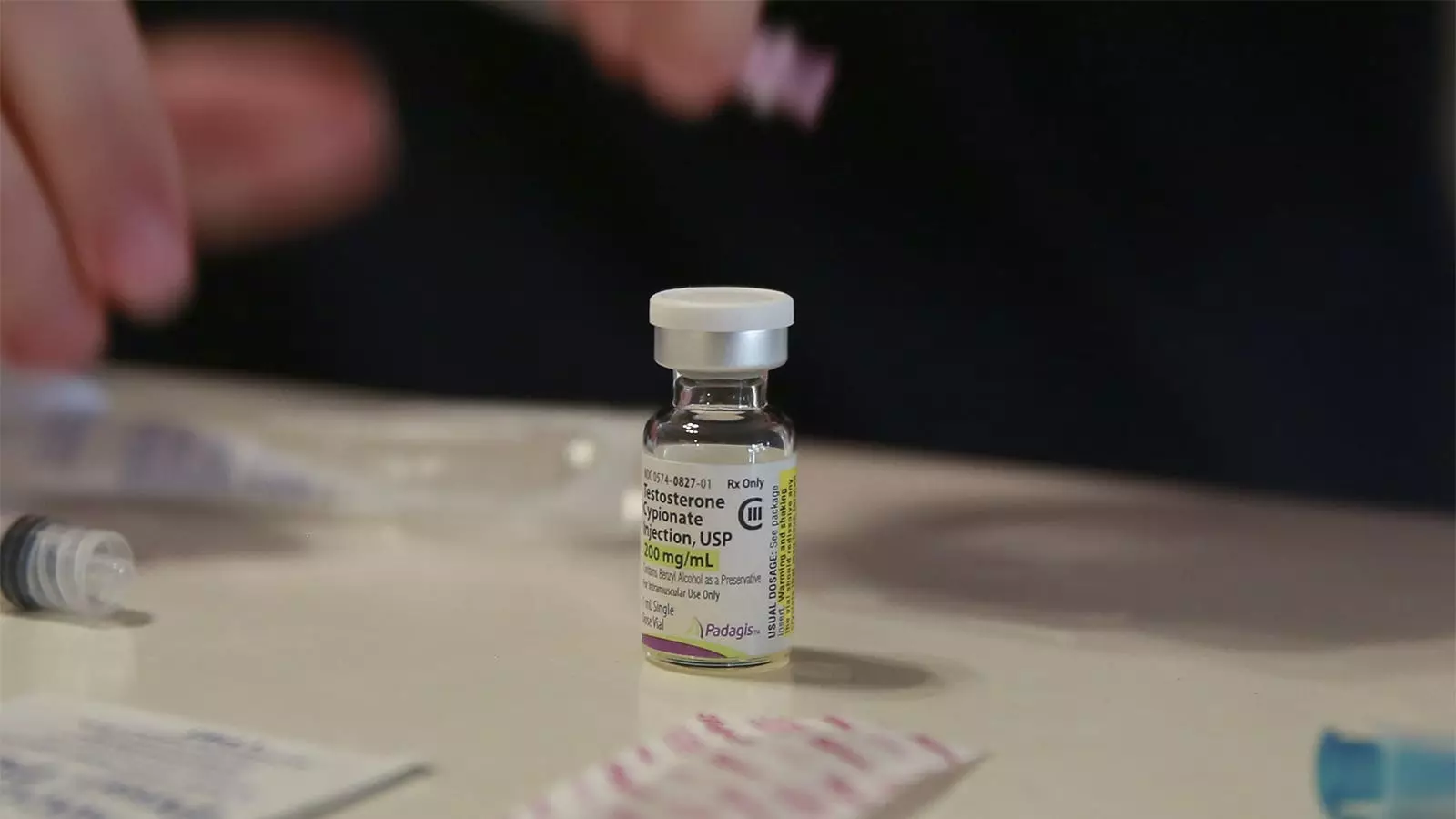As discussions surrounding healthcare for transgender minors gain momentum in legislative circles across the United States, the narrative has unfortunately been colored by misinformation and hyperbole. Claims regarding the prevalence of gender-affirming medications for adolescents often lack substantial evidence, leaving policymakers and the public with misconceptions. In a recent publication by a reputable medical journal, credible data has finally emerged to shed light on the true scope of this healthcare sector, revealing a notable scarcity of such treatments among American youth.
The study, which scrutinized a comprehensive insurance claims database encompassing over five million children aged 8 to 17, concluded that less than 1 in 1,000 adolescents with commercial insurance utilized gender-affirming medications—specifically, puberty blockers and hormones—over a span of five years. This figure starkly contrasts with the sensationalized claims often propagated in public debates, illustrating the necessity for informed conversations based on factual evidence.
The research found that from 2018 to 2022, only 926 adolescents received puberty blockers, while 1,927 utilized hormone treatments. These numbers represent a meager fraction—fewer than 0.1%—of the entire adolescent population covered within the database. Noteworthy is the absence of hormone prescriptions among those under 12 years old, highlighting a cautious approach that healthcare providers adopt when dealing with developing young minds. This approach reinforces the importance of appropriate timing and individual assessment in administering medical interventions.
Lead researcher Landon Hughes, PhD, emphasized that the findings tackle the misconception of widespread mismanagement of health care for transgender youth. “We are not seeing inappropriate use of this sort of care,” he remarked. Such insights are pivotal for encouraging a grounded understanding among the public and lawmakers alike.
The revelations brought forth by this research are particularly timely as at least 26 states have enacted restrictive measures concerning gender-affirming medical care for minors. Many of these laws are currently entangled in legal disputes, with the U.S. Supreme Court set to issue a ruling on a consequential case originating from Tennessee later this year. The implications are considerable, as these laws may not only shape the availability of medical care but also influence the perceptions of transgender identities among youth.
Furthermore, President Donald Trump’s administration has signaled intentions to roll back protections for transgender individuals, adding an additional layer of uncertainty. In this context, balancing legislative responses with empirical data becomes crucial to avoid harmful consequences that could stem from hasty or uninformed policy decisions.
It is essential to recognize that not all transgender youth opt for or require medical interventions. According to Dr. Scott Leibowitz, co-lead author of the adolescent standards of care for the World Professional Association for Transgender Health, understanding one’s gender identity is a multifaceted journey. The process can vary significantly between individuals, indicating a need for tailored, supportive healthcare that aligns with each youth’s unique experience.
Furthermore, the research did not encompass surgical procedures, which are typically rare among young individuals, thus reinforcing that gender-affirming care is not a one-size-fits-all solution. Comprehensive care necessitates collaboration among healthcare professionals well-versed in adolescent development, enabling them to guide families through the intricate landscape of gender identity and associated medical decisions.
Ultimately, the new data serves as a clarion call for both public discourse and policymaking focused on transgender healthcare. By grounding the conversation in facts rather than conjecture, stakeholders can work towards a more equitable and supportive environment for transgender adolescents. As society continues to grapple with the complexities of gender identity, fostering open, informed discussions is paramount to ensure that the rights and health of all youth are respected and upheld. This study paves the way for more transparent dialogue, empowering individuals, families, and lawmakers alike to make decisions that are both informed and compassionate.

